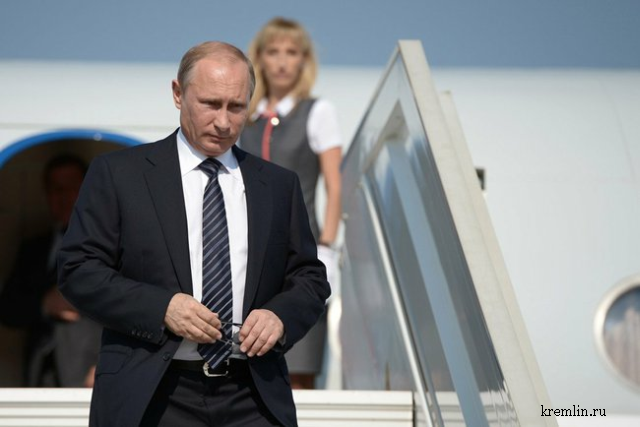Reactions after Russia’s threats against NATO members
Threatening to use force against a NATO state is unacceptable, Romanian FM Bogdan Aurescu says.

Roxana Vasile, 23.03.2015, 13:36
At the end of last year the Kremlin published a new version of Russia’s military policy, overseen by the country’s President Vladimir Putin. The new policy document included the consolidation of NATO’s military capabilities and the anti-missile shield in Eastern Europe among the threats to Russia’s security. Although NATO has repeatedly assured Moscow that the missile defence shield is not targeted against Russia, as its purpose is strictly defensive, Russian leaders have refused to acknowledge that and, even worse, have resorted to threats.
The most recent such episode took place last week, in Copenhagen, where, in a newspaper article, the Russian Ambassador in Denmark, Mikhail Vanin, was quoted as saying that all countries that joined NATO’s anti-missile shield would be legitimate targets for Russian ballistic missiles and that if Denmark joins the NATO project, its navy will be a target for a Russian nuclear attack.
Denmark’s Foreign minister, Martin Lidegaard, reacted strongly to the comments, calling the ambassador’s statement “unacceptable”. In its turn, NATO made it clear that it will defend all its allies against any threats. The American Ambassador to Copenhagen also condemned the Russian official’s statements.
The Romanian Foreign Minister, Bogdan Aurescu, reacted by saying that threatening to use force against a NATO member state is unacceptable. The anti-missile shield is designed only for self-defence, as it is defined by the UN Charter, and has nothing to do with Russia, Bodgan Aurescu has pointed out.
Romania came under a lot of pressure when it became part of NATO’s ballistic shield system, and so is Poland and anyone else who wants to join in this defensive capability, NATOs top military commander, U.S. Air Force General Philip Breedlove has said in Brussels.
In the meantime, in the context of Crimea’s annexation by Russia and the armed conflict in eastern Ukraine, both NATO and the Russian Federation are carrying out extensive military drills. Last week alone the Alliance carried out a naval military exercise in the Black Sea, which included Romania. Britain, Norway and Germany have also hosted NATO military drills. Russia has in turn planned extensive unannounced military moves in its European arctic region.






























